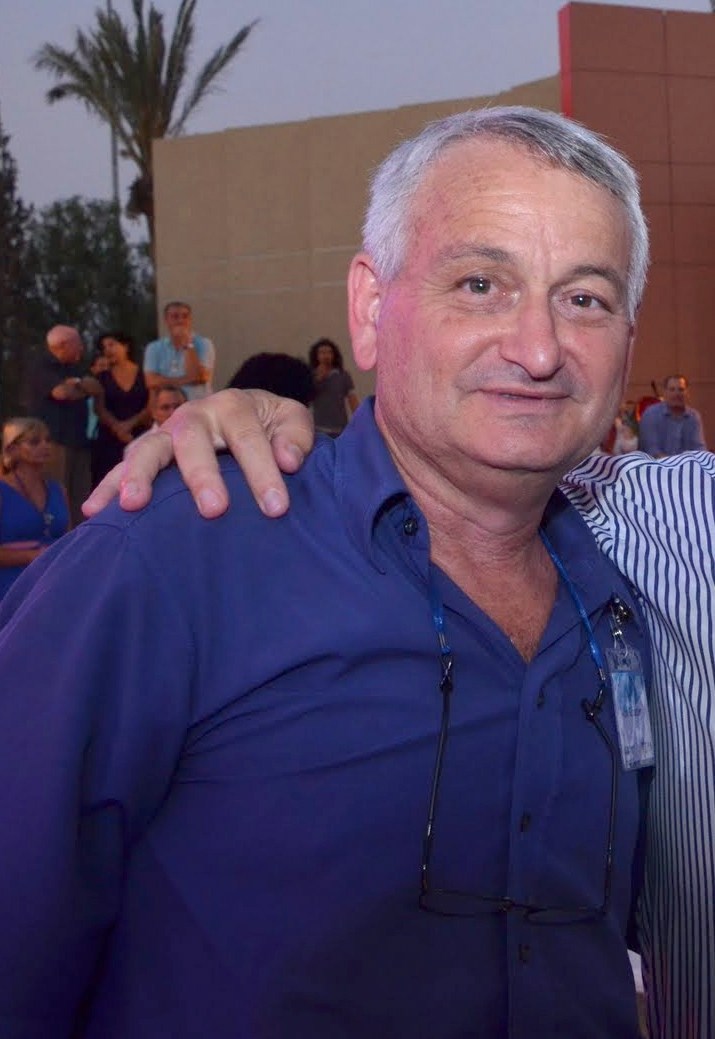
War is awful. It is terrifying. Innocent people are killed. The trauma inflicted on the soldiers, civilians, and children is worse than tragic, worse than deplorable. The ongoing violence in Gaza is no different; but this conflict brings an unprecedented real-time visual to the violence. Every minute of every day we see pictures of grieving mothers on the front pages of our newspapers, on our televisions and in our social media feeds. We’re seeing the heartbreaking pictures of slain civilians in real time - and they fit right into Hamas’ plan. Sadly, this cynical plan seems to be working.
Hamas knows that they can’t win this fight. Nonetheless, they know that every dead civilian gives them another number to share on social media. In fact,
they wrote guidelines for it. The media is there, hungry for the next headline depicting the “massacre”, condemning Israel and undermining its right to defend itself. The hashtag #GazaUnderAttack has had 5.6 million mentions since July 1. #IsraelUnderFire?
Just 28,000. The strategy is working, and we’re seeing a shift of international opinion
moving away from Israel’s favor.

It weighs on us all. The UN is responding with condemnations for war crimes. Winning the international PR war is the best Hamas could hope to achieve. In reality, more than
70% of Gazans are reported to reject Hamas’ vile tactics and despicable message and, like most people of the world, want to raise their children and live peacefully. They, like us and the rest of the civilized world, want this to end.
Last Wednesday, Hamas’ exiled leader, Khaled Meshaal, rejected a second ceasefire by saying "We reject today and will reject in the future." He then went on to reiterate Hamas' commitment to "continue kidnapping Israeli soldiers" in order to barter for terrorists in Israeli prisons, much as they bartered for Gilad Shalit, who was
eventually traded for 1,000 Palestinian prisoners after being held for five years after being kidnapped from a terrorist tunnel operation.
Hamas is an internationally recognized terrorist organization. Their
charter calls for the eradication of the Jewish people and the ultimate destruction of the Jewish state. They do not want a ceasefire, they do not want peace for Palestinians; they want a body count. In fact, they assure it. They
actively launch rockets from Palestinian hospitals and mosques, ruthlessly use their
citizenry as human shields, hide their
weapons in UN schools, and invest no money in sirens and shelters. This tragic context is rarely mentioned in coverage of the conflict. Further, Hamas has continually stated that it is ready to fight, no matter what the cost to the people of Gaza.
True to our Jewish values which sanctify all human life, Israel provides food, water and humanitarian aid to the people of Gaza, while its government kills Israelis. There is little reporting
of Israelis efforts to provide humanitarian aid to the people of Gaza.
Israel employs extraordinary effort to minimize civilian casualties. They drop warning fliers, call, and text residents in targeted areas and actively call off strikes where it is known that civilians are present. Yet, these tragedies still occur. Why? The reality is that Hamas physically
prevents civilians from fleeing targeted areas, and actively puts Palestinians in harm’s way. To them, a dead Israeli is good, but a dead Palestinian is better.
In the past weeks more than 2,500 Hamas rockets have fallen on Israel, at an average rate of 100 a day. Out of constant necessity, Israel has invested heavily in shelters, warning systems and missile defense metrics that minimize the threat of rockets. Sadly, today’s terror comes from below. Miles of terrorist-dug tunnels run beneath the kibbutzim where Israeli parents work and children sleep, where grandmothers bake their Shabbat challah, where
Hamas schemes to attack and kidnap innocents. Stolen IDF uniforms, stun guns and zip ties have been found inside the twisted, dark network of more than 31 tunnels that run under sovereign Israel. Any country has the right and responsibility to eliminate such terrible threats to its people, and Israel should not apologize for doing so.
In the last week, Hamas has attacked Israel at least five times after infiltrating through tunnels killing at least seven IDF soldiers. Obviously, this method of popping out from underground
has stuck a new chord of fear into the hearts of Israelis living near the Gaza strip, including our own sister community, Sha’ar HaNegev. Hamas and these tunnels area clear threat to Israel, and they must be stopped. The goal of Operation Protective Edge is to create sustained security and calm for the people of Israel. Somehow, the frame of this argument has been wrongly translated into vilifying Israel for not having enough casualties.
The complex reality is that both Palestinians and Israelis are victims of Hamas terror. Sadly, the media prefers the digestible implied narrative of David vs Goliath, and the Hamas approved pictures of the tragedy of war.
The price we pay is high. Too high. It weighs heavily on our hearts, in our minds and on the conscience of good people around the world. The ripples of the violence reach the streets of Paris, the pulpits of our congregations, and the root of our collective humanity. We must disarm Hamas. We must restore peace.
Today, we pray for peace. We pray for calm. We pray for the innocent. We pray for Israel.























